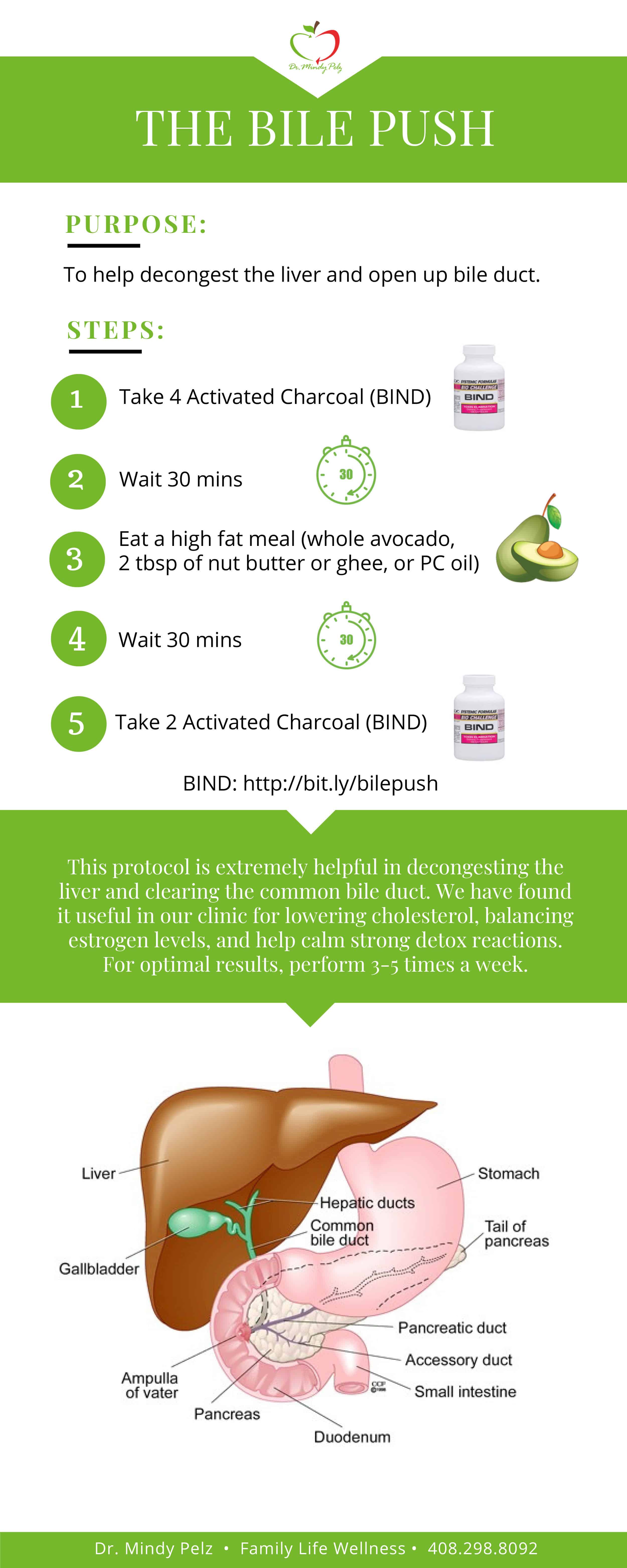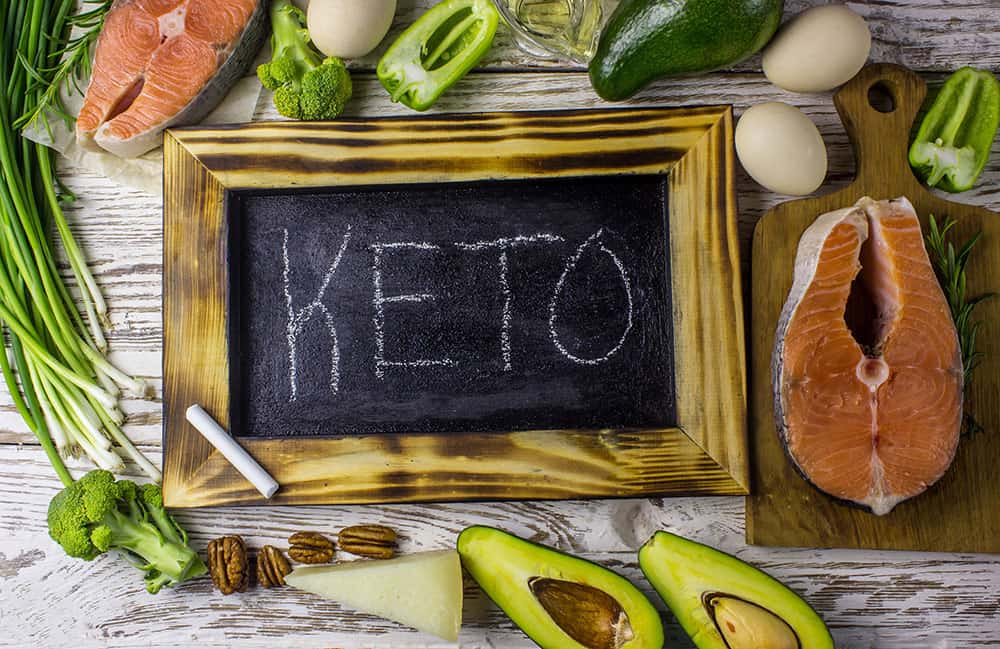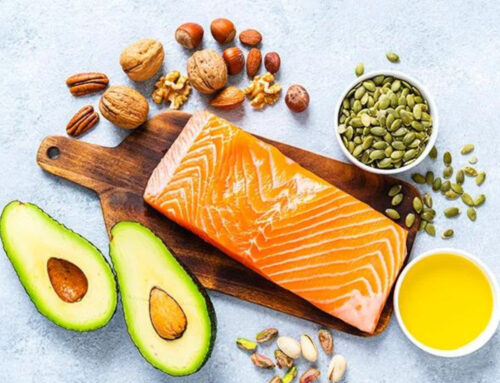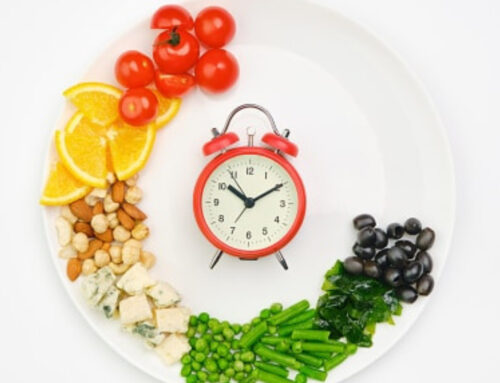The ketogenic diet, once an obscure, fringe dietary concept, is now firmly in the zeitgeist. In the past few years, people have been enthusiastically jumping on the keto bandwagon and, unfortunately, the results have been mixed.
That said, one demographic that has seen both fantastic gains and crushing disappointments on the ketogenic diet is women in the various stages of menopause.
What’s the key to making the ketogenic diet and menopause work well together?
Let’s take a look…
Menopause can be rough, especially when it comes to regulating your weight. The dreaded weight gain during menopause is, at its core, the result of the changes in a woman’s hormonal system. And the ketogenic diet is quickly getting a bad reputation for depleting women’s hormone levels.
So if a menopausal woman already has low hormone levels, is the ketogenic diet right for them?
As a 49-year-old woman, this is a question I have been asking myself a lot lately.
I’ve been following the ketogenic diet for the past five years. It’s been miraculous for my brain clarity, keeping my weight down, and giving me limitless energy. But as I creep closer to 50 and start experiencing more symptoms of menopause, I realize that the keto lifestyle may have some drawbacks for women going through menopause.
Earlier this year, I started noticing symptoms of thinning hair, extremely dry skin, muscle fatigue, inability to relax, waves of anxiety, and diminished motivation levels around exercise.
Being a wellness doctor who coaches women through these kinds of symptoms, I was suddenly struggling to coach myself! That’s when I decided to run a DUTCH hormone test on myself.
If you are not familiar with a DUTCH test, it’s a urine test that measures your estrogen, progesterone, testosterone, dopamine, serotonin and melatonin levels.
My DUTCH test shocked me. It was very telling as to what the ketogenic diet had been doing to my hormones. My estrogen, progesterone, and testosterone were extremely low. In fact, these hormones were lower than that of a post-menopausal woman. And I was still having regular periods!
I immediately began digging for answers. First I looked at my diet and lifestyle.
What did I need to change to bring those hormone levels up so I could gracefully move through my menopause years and still get the benefits of the ketogenic diet?
Here’s what I discovered.
Menopausal women need to do the ketogenic diet differently.
It doesn’t matter if you are in perimenopause, transitioning through menopause, or post- menopausal, the fact that our estrogen and progesterone levels are rapidly declining means we need to do keto differently.
Here are three critical modifications I recommend perimenopausal and menopausal women incorporate when doing the ketogenic diet.
1. Throw in some carb loading days
What?!!! I know, I know. Scary! This is a frightening thought for many of us who love the keto lifestyle and how it makes us feel.
But you need some carbohydrate-rich foods to make hormones.
Research is showing that declining estrogen in a post-menopausal woman makes her three times more likely to develop metabolic syndrome (aka insulin resistance).
https://www.ncbi.nlm.nih.gov/pmc/articles/PMC3581463/
https://www.ncbi.nlm.nih.gov/pmc/articles/PMC3660717/
I hear from menopausal women all the time that the struggle to get rid of the belly fat with (or without!) the ketogenic diet is very real. This can be due to the fact that some women going through menopause need to raise their beneficial estrogen by adding in foods like:
- Seeds: flaxseeds and sesame seeds
- Fruit: apricots, oranges, strawberries, peaches, many dried fruits
- Vegetables: yams, carrots, alfalfa sprouts, kale, celery
- Dark rye bread
- Legumes: lentils, peas, pinto beans
- Olives and olive oil
- Chickpeas
- Culinary herbs: turmeric, thyme, sage
https://www.ncbi.nlm.nih.gov/pmc/articles/PMC1071115/
For some women, depression, anxiety, and large mood swings descend as they move into menopause. This can be the side effect of low progesterone. Some key progesterone foods that menopausal women need to incorporate are:
- Mangoes
- Oranges
- Papayas
- Legumes: black or lentils
- Brown rice
- Russet potatoes
- Sweet potatoes
A true ketogenic diet encourages you to stay under 20 grams of net carbs. As a rule, I’m a little more generous: I recommend staying under 50 grams. But if you include foods from the lists above into your diet, you will see that it’s impossible to add these foods in and still stay under 50 grams.
That’s why I tell my menopausal patients to add in more high carb days, days where they consume somewhere between 100 to 200 grams of net carbs.
If you’re still having a cycle, it’s best to add your high carb days closer to the start of your cycle. This will minimize symptoms like hot flashes, insomnia, and the gain of dreaded belly fat.
If you no longer have a cycle, you can do several weeks of keto, then add in a whole week of hormone building days, picking foods from the lists above and getting well over 100 grams of net carbs. After one week of these higher carb foods, move back into keto and you may notice that you drop more weight.
It’s the moving in and out of the ketogenic diet for menopausal women that makes it so effective.
Sound confusing? To help you navigate the keto diet around your cycle, I created a Ketobiotic Reset specifically for women. It gives specific instructions on when to start and what to eat on each day of your cycle.
If you are a post-menopausal woman and don’t have a cycle, it’s even easier: no matter what day you start, that would be considered Day One and then you follow the plan for 30 days. Download the free guide here.
2. Be strategic about when you fast
Following the ketogenic diet is usually accompanied by an interest in fasting.
I am a big fan of fasting and I believe it can be a huge help to menopausal women.
I’ve seen very sick patients get better quickly with fasting. But I have also seen multiple block fasts deplete a woman’s hormone levels so much that they lose their cycle altogether.
Just like the ketogenic diet, menopausal women need to approach fasting with a different twist.
If you are perimenopausal and still have a cycle, you are going to want to time your fasting around your cycle. For instance, because your body makes the most progesterone in the luteal phase (day 14-28), I recommend that you don’t do extended fasts during this time. A short intermittent fast of thirteen to fifteen hours is okay but no longer than that. And remember, to help your body make progesterone you need to eat the carbs I listed above during your eating window.
If you are post-menopausal with no cycle, you may want to take a DUTCH test before you embark on a fasting journey. Here’s why:
- If your DUTCH test comes back with a normal balance of hormones for post-menopause, you can fast whenever you feel moved to.
- If your DUTCH test comes back with extremely low progesterone and/or estrogen, then I recommend you stick to intermittent fasting or fast mimicking until your hormones are back on track.
3. Support your liver and gut
There are two places in your body where toxic estrogen gets broken down: your liver and your gut.
If these two organs are unhealthy, toxic estrogen will build up in your body. This can lead to all kinds of hormonal problems; it can also increase your chances of developing breast cancer.
If you start down a keto path and it helps some of your menopausal symptoms but not all your symptoms, you might look to at a possible imbalance in your liver and or gut.
If you are a woman going through menopause and feel stuck in your weight loss efforts while doing keto, I often recommend a strategy called a “bile push.”

The bottom line with the ketogenic diet and menopause is this: don’t give up!
The menopausal journey is a long one with many twists and turns. You can’t surrender! I’m here to tell you that in spite of the challenges of menopause, you can positively thrive on the ketogenic diet when you use the three strategies outlined here!









Dear Dr. Mindy,
I found your posts, you tube and website- advices very helpful.
But I wonder if the keto, IF and fasting can help with a cervical herniated disc and arthritis.
As a post-menopausal woman I think these are my only health issues I have so far, but I cannot find any info in regards to fasting, keto and the above mentioned health conditions.
Can I do anything to improve of even solve this problems? The osteopathic massage therapy helps me a lot but I stil have discomfort and occasionally headaches.
Thanks for considering my request.
Looking forward to hear form you.
Best regards,
Tatyana
Please, Dr. Pelz,
My keto group is asking for sources cited about hormone cycling…
I think your video Ave articles are great, but they want sources!
If I have had my gallbladder removed should I still do the bike flush?? I take oxbile…
After I have eaten something fat and 30 minutes later took another 2 capsules of activated charcoal, when can I eat again? How long should I wait till my next meal? Thank you ????
I’m 57, post menopausal, like the keto diet ,however I’ve been going nowhere with the weight. So I’m going to start IF. My question is during the fasting window can I drink water? and or coffee? If I can is there a limitation on the quantity ? And lastly, when is the best time to take my vitamins and supplements.
I’m 57, menopausal, like the keto diet ,however I’ve been going nowhere with the weight. So I’m going to start IF. My question is during the fasting window can I drink water? and or coffee? If I can is there a limitation on the quantity ? And lastly, when is the best time to take my vitamins and supplements.
Dr. Mindy – I read your Menopause Reset book and LOVED it! I’m re-reading it right now to take notes and really dig in! Question: I’m 48 and have not had by period in years because I had endometria ablation procedure done years ago. It’s been wonderful (zero periods!) … However, I have no idea where I am in my cycle to be able to do your 28-Day Hormone Reset and “Eating for your Cycle” like your book describes. Should I just use the days of the month (calendar days)? Thank you!